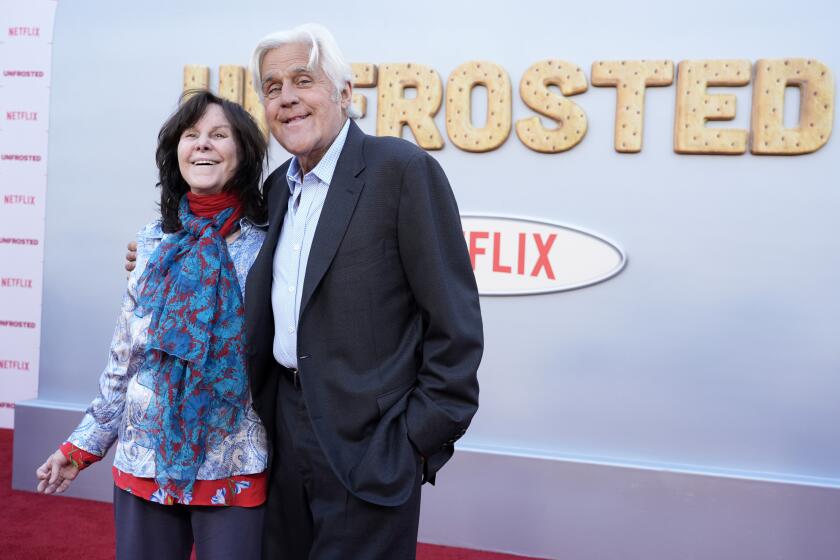FCC Proposes Price Deregulation for Cable : Television: Policy would let firms add new channels and charge customers whatever the market will bear.
- Share via
WASHINGTON — After spending nearly two years hammering out rules regulating cable television prices, federal officials are proposing some price deregulation.
The Federal Communications Commission is considering a new policy that would enable cable companies to add new channels to their lineups and charge customers whatever the market will bear.
The proposal, which has the backing of FCC Chairman Reed E. Hundt, would mandate that programming that now appears on a cable system continue to be price-regulated but that anything new be free of price controls. Consumers would have the option of choosing the new package, or “tier,” or sticking with what they have now.
Hundt’s proposal is an attempt to create financial incentives for cable operators to add programming. Cable companies have generally not expanded their lineups in the past 18 months, a period in which the FCC has passed two successive sets of rate rules ordering the industry to cut its prices as much as 17%.
Cable companies say the price rules froze the development of new channels because operators could not be assured of profits should they add a channel and be restricted in what they could charge for it. They have lobbied Hundt and the FCC for months to create a formula that would allow them to expand.
“So long as we protect the existing product, we think this facilitates the consumers’ and the cable industry’s interests,” one commission source said Thursday.
The proposal was circulated among the five FCC commissioners Wednesday, and it will be voted on within a week.
It’s not entirely clear, however, whether the FCC is permitted to exempt any tier of cable programming from price regulation. The 1992 Cable Act passed by Congress specifies that the FCC is responsible for ensuring that prices on all tiers of programming are “reasonable”; it does not make distinctions between existing and new programming.
However, several people who support the proposal asserted Thursday that the FCC was within its authority, given that Congress has provided the FCC wide latitude to interpret the cable law.
It is also unclear how many of the nation’s more than 11,000 cable systems will be able to expand their lineups even if this proposal gets the FCC’s blessing. Many operators have filled their systems to capacity and can’t add channels without taking existing ones off or investing in new equipment.
However, several cable program companies welcomed the proposal Thursday, saying it would end some of the uncertainty hanging over the industry.
“This is a far better approach for the FCC than trying to micro-manage every decision the (cable) operator makes about programming,” said Ed Burakowski, an executive with Ovation Inc., an Alexandria, Va.-based company that has been trying to gain distribution for a new arts channel. “A lot of us have been sitting in the wings waiting for some certainty on these rules.”
Judith McHale, general counsel of Discovery Communications Inc., owner of the Discovery and Learning channels, said, “We think something like this would open the market up and give operators and consumers more flexibility.”
The proposed creation of an unregulated “new service tier” is likely to be the first in a series of FCC rulings designed to give cable operators financial incentives to upgrade their systems. The agency is also considering new pricing formulas that would permit cable operators to add channels to their regulated tiers, and new accounting rules that would give them the ability to pass on some of the costs of rebuilding their systems to subscribers.
More to Read
The biggest entertainment stories
Get our big stories about Hollywood, film, television, music, arts, culture and more right in your inbox as soon as they publish.
You may occasionally receive promotional content from the Los Angeles Times.










